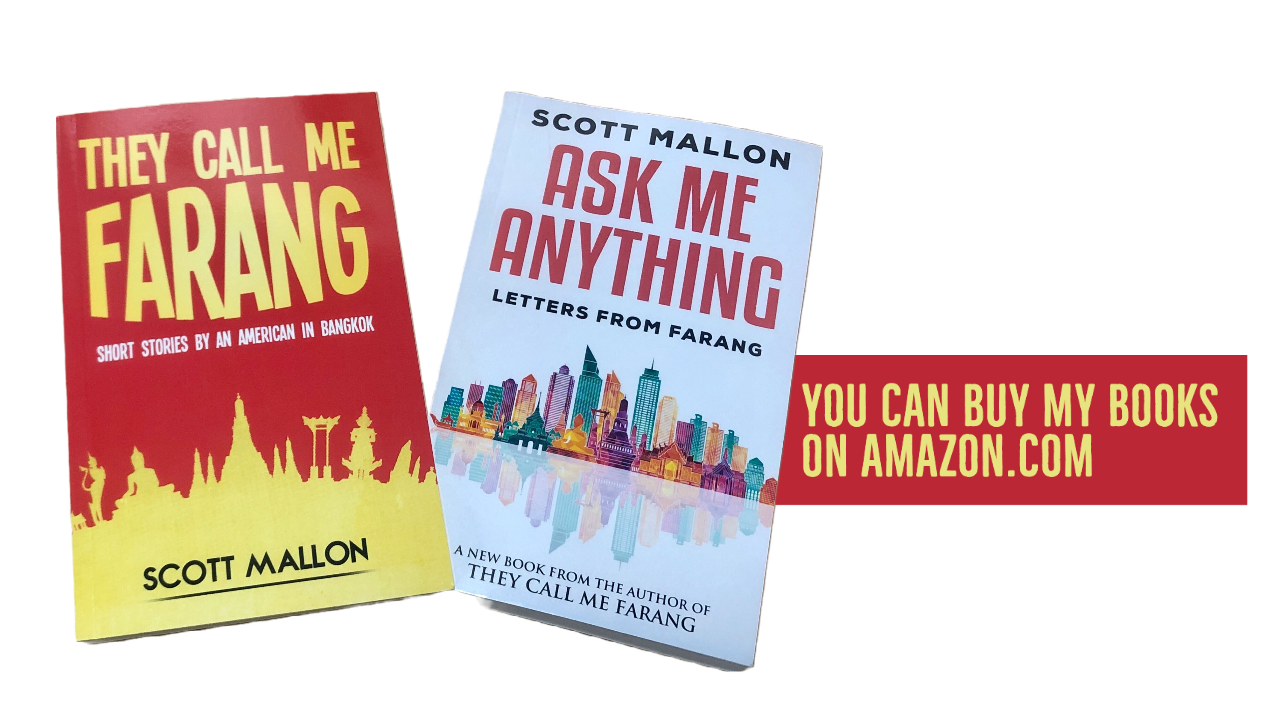Travelers across the United States are experiencing anxiety as they face prolonged waiting times for passport processing.
Angie Licea, President of the Global Travel Collection, a group of luxury international travel businesses, explains that passport applications or renewals now require much more forethought. With the U.S. State Department struggling to handle the surge in demand and understaffed teams, the situation has become a post-COVID paperwork storm. Presently, the department is receiving around 400,000 passport applications each week, already on track to surpass the 22 million passports issued in 2022.
Licea advises travelers to plan well ahead, ideally a year in advance, for passport-related matters. Gone are the days when one could expect a passport in a mere two weeks from any city passport office. Ensuring that a passport is valid at least a year ahead of any international travel is crucial, and if it is within six months of expiration, renewal procedures should commence immediately.
The consequences of not planning accordingly extend beyond missing a flight. Travelers need to consider cancellation policies, whether they have purchased appropriate insurance, and the flexibility of their travel partners in the event of unexpected delays.
Routine passport processing currently takes between 10 to 13 weeks, while expedited services require 7 to 9 weeks, along with a $60 fee. Urgent requests mandate appointments at passport processing centers scheduled within 14 days of the travel date. In cases of emergency travel, processing may take 3 business days, but proof of a life-or-death situation is essential. However, these timelines are not guaranteed, and travelers might find themselves waiting even longer.
The frustration caused by the lack of communication from processing centers has led some travelers to seek answers by personally visiting the facilities. Others have chosen to postpone travel plans until the following year to avoid any last-minute passport-related stress.
Stefanie Schmudde, Vice President of Product Development and Operations at Abercrombie & Kent, a well-established international travel agency, emphasizes that travelers should consider the validity requirements of their passports. Most countries demand a validity of at least six months beyond the travel date.
Despite the delays, travel advisors urge people not to be discouraged and instead focus on their travel aspirations. The pandemic has taught everyone not to take things for granted, and if there is a desire to travel, seizing the opportunity is crucial. While the situation may be frustrating, planning ahead and understanding the process can alleviate some of the stress and uncertainty associated with passport delays.
Angie Licea, President of the Global Travel Collection, a group of luxury international travel businesses, explains that passport applications or renewals now require much more forethought. With the U.S. State Department struggling to handle the surge in demand and understaffed teams, the situation has become a post-COVID paperwork storm. Presently, the department is receiving around 400,000 passport applications each week, already on track to surpass the 22 million passports issued in 2022.
Licea advises travelers to plan well ahead, ideally a year in advance, for passport-related matters. Gone are the days when one could expect a passport in a mere two weeks from any city passport office. Ensuring that a passport is valid at least a year ahead of any international travel is crucial, and if it is within six months of expiration, renewal procedures should commence immediately.
The consequences of not planning accordingly extend beyond missing a flight. Travelers need to consider cancellation policies, whether they have purchased appropriate insurance, and the flexibility of their travel partners in the event of unexpected delays.
Routine passport processing currently takes between 10 to 13 weeks, while expedited services require 7 to 9 weeks, along with a $60 fee. Urgent requests mandate appointments at passport processing centers scheduled within 14 days of the travel date. In cases of emergency travel, processing may take 3 business days, but proof of a life-or-death situation is essential. However, these timelines are not guaranteed, and travelers might find themselves waiting even longer.
The frustration caused by the lack of communication from processing centers has led some travelers to seek answers by personally visiting the facilities. Others have chosen to postpone travel plans until the following year to avoid any last-minute passport-related stress.
Stefanie Schmudde, Vice President of Product Development and Operations at Abercrombie & Kent, a well-established international travel agency, emphasizes that travelers should consider the validity requirements of their passports. Most countries demand a validity of at least six months beyond the travel date.
Despite the delays, travel advisors urge people not to be discouraged and instead focus on their travel aspirations. The pandemic has taught everyone not to take things for granted, and if there is a desire to travel, seizing the opportunity is crucial. While the situation may be frustrating, planning ahead and understanding the process can alleviate some of the stress and uncertainty associated with passport delays.
|
|
|
|





